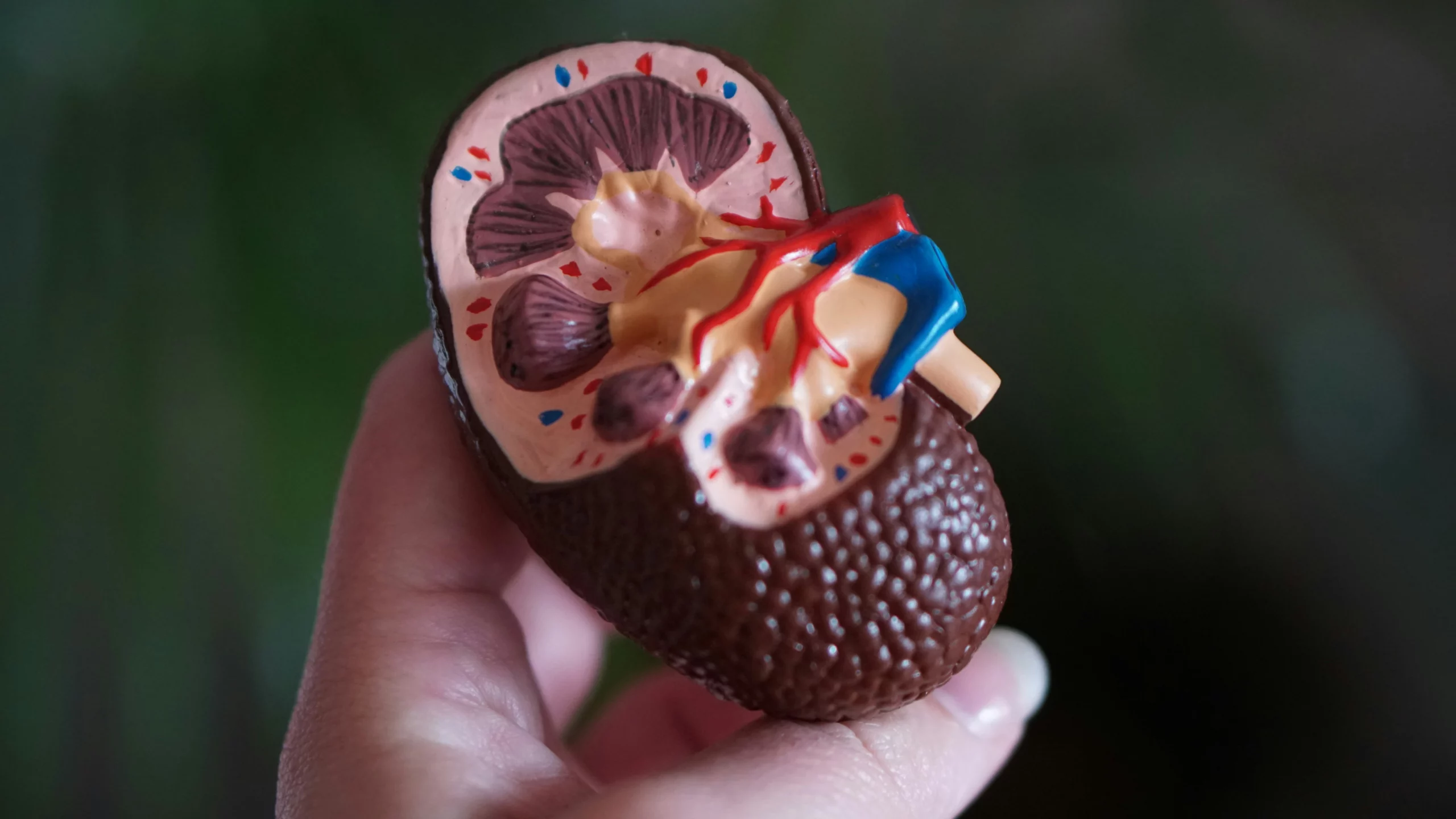Vaping has become an increasingly popular alternative to smoking, with millions of people worldwide using e-cigarettes for nicotine consumption. Marketed as a safer option compared to traditional tobacco products, vaping has gained traction among young adults and former smokers. However, concerns about its impact on overall health persist, including potential effects on the skin. Among these concerns is the question of whether vaping contributes to acne breakouts.
While research on this specific connection remains limited, anecdotal reports and emerging studies suggest that vaping may have indirect effects on skin health.
To determine whether vaping truly causes acne, it is important to examine the ingredients in e-liquids, the physiological changes vaping triggers, and how these factors may contribute to breakouts.
Understanding How Acne Develops
Acne is a complex skin condition influenced by multiple factors, including excess oil production, clogged pores, bacterial growth, and inflammation. Hormonal fluctuations, diet, lifestyle choices, and environmental factors also play a significant role in acne development.
When sebum (skin oil) combines with dead skin cells and bacteria, pores can become clogged, leading to blackheads, whiteheads, and inflammatory acne. Any substance or habit that alters these processes has the potential to aggravate acne or contribute to its formation.
Can Vaping Directly Cause Acne?
There is no definitive scientific evidence proving that vaping directly causes acne. However, vaping affects the body in ways that may indirectly contribute to breakouts.
The ingredients in vape liquids, including nicotine, propylene glycol, and flavoring agents, can influence skin health by affecting hydration levels, hormone regulation, and inflammation.
Nicotine’s Role in Skin Health
Nicotine, the primary addictive component in most vaping products, can have detrimental effects on the skin. Nicotine is a vasoconstrictor, meaning it narrows blood vessels and reduces blood flow to the skin. This decreased circulation can lead to slower skin regeneration and reduced oxygen delivery, making the skin more prone to irritation and breakouts.
Additionally, nicotine stimulates the release of stress hormones such as cortisol, which can increase oil production in the sebaceous glands. Elevated oil production creates an environment where acne-causing bacteria thrive, potentially leading to more frequent and severe breakouts.
Dehydration and Skin Irritation
One of the primary ingredients in vape liquids is propylene glycol, a substance used to create the vapor effect. Propylene glycol is a known humectant, meaning it absorbs moisture. When inhaled repeatedly, it can contribute to internal dehydration, which in turn affects skin hydration.
Dehydrated skin may try to compensate by overproducing oil, leading to clogged pores and acne flare-ups. Dry skin also becomes more susceptible to irritation, redness, and sensitivity, all of which can exacerbate acne-prone skin.
Inflammation and Oxidative Stress
Vaping has been linked to increased inflammation and oxidative stress in the body. Oxidative stress occurs when there is an imbalance between free radicals and antioxidants, leading to cellular damage. Inflammation is a key factor in acne development, particularly in cases of cystic or inflammatory acne.
By increasing systemic inflammation, vaping may contribute to more persistent and severe breakouts in individuals already prone to acne.
Hormonal Disruptions and Acne
Hormones play a crucial role in skin health, particularly in regulating sebum production. Nicotine has been shown to affect hormone levels, including cortisol, testosterone, and estrogen. Increased cortisol levels due to nicotine consumption can lead to higher sebum production, increasing the likelihood of clogged pores and breakouts.
Hormonal imbalances can be particularly problematic for individuals who already experience acne due to fluctuations in testosterone or estrogen, such as teenagers and those with polycystic ovary syndrome (PCOS).
Vaping and Lifestyle Factors That Affect Acne
Beyond the physiological effects of vaping, lifestyle factors associated with vaping may also contribute to acne. Many individuals who vape do so in social settings, often accompanied by late nights, poor dietary choices, and increased stress—factors that can negatively impact skin health. Lack of sleep, in particular, is associated with higher cortisol levels and increased inflammation, both of which can aggravate acne.
Additionally, vaping is often paired with consumption of sugary or processed foods, which have been linked to acne flare-ups due to their impact on blood sugar and hormone levels.
Comparing Vaping to Smoking in Terms of Skin Health
While smoking has been widely studied for its negative effects on skin health, vaping is still a relatively new phenomenon, and research is ongoing. Traditional cigarette smoking is known to cause premature aging, slow wound healing, and worsen inflammatory skin conditions, including acne.
While vaping eliminates some of the harmful chemicals found in cigarettes, it still introduces nicotine and other compounds that can negatively affect skin health. Some studies suggest that vaping may have a milder impact on the skin compared to smoking, but this does not mean it is completely harmless.
Does Quitting Vaping Improve Acne?
For individuals who suspect that vaping is contributing to their acne, quitting or reducing usage may lead to improvements in skin health. Many former vapers report clearer skin after quitting, though results can vary depending on other lifestyle factors.
When quitting vaping, the body may go through an adjustment period as it rebalances hormone levels and detoxifies from nicotine and other chemicals. During this time, some individuals may experience temporary skin changes before seeing long-term improvements.
How to Prevent Acne While Vaping
For those who continue to vape but want to minimize its impact on their skin, adopting a proper skincare routine is essential. Staying well-hydrated can help counteract the dehydrating effects of vaping, reducing the likelihood of excessive oil production. Using a gentle, non-comedogenic cleanser can help remove impurities without over-drying the skin.
Incorporating antioxidants, such as vitamin C and green tea extract, into a skincare routine can help combat oxidative stress and inflammation caused by vaping. Reducing nicotine intake may also lessen hormonal fluctuations that contribute to acne. Maintaining a healthy diet and getting sufficient sleep can further support skin health, counteracting some of the negative effects associated with vaping.
Final Thoughts on Vaping and Acne
While vaping may not directly cause acne, its effects on hydration, hormone levels, and inflammation can create conditions that exacerbate breakouts. Nicotine’s impact on stress hormones and sebum production, along with the dehydrating properties of vape liquids, can make the skin more susceptible to irritation and clogged pores.
Individuals who experience persistent acne while vaping may benefit from quitting or reducing their intake, as well as adopting a comprehensive skincare routine to minimize breakouts. As research on vaping’s long-term effects continues, understanding its impact on overall health, including skin health, remains an important consideration for those who use e-cigarettes.













